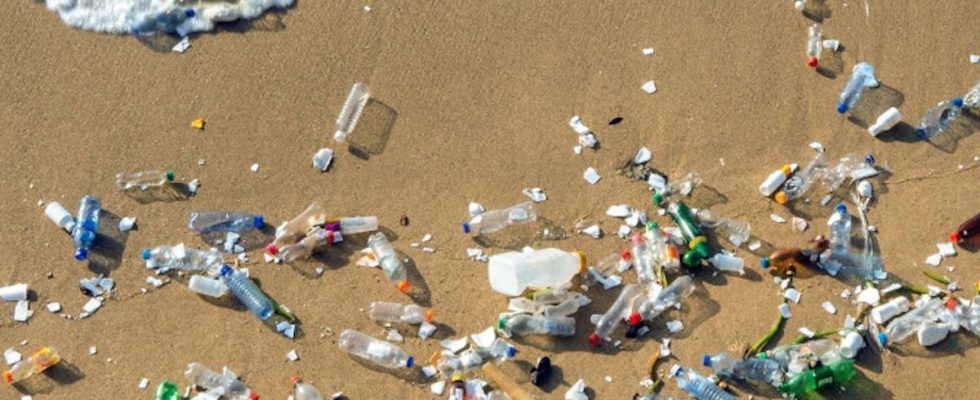Published on
Updated
Reading 2 mins.
Nicknamed “eternal pollutants”, PFAS are substances that are both dangerous for human and animal health and contaminate many soils on the planet. To tackle this scourge, New Zealand researchers have developed a promising method that could eliminate almost all PFAS from firefighting foams.
Toxic for human and animal health, as well as for the planet, “eternal pollutants” (PFAS) are present in many aspects of our daily lives: paints, varnishes, textiles, food packaging and even toilet paper! Although these perfluorinated chemical compounds mainly come from factories, they can also come from fire-fighting foams. It is precisely this type of PFAS that New Zealand scientists from the University of Auckland have decided to tackle. The latter may have found a solution to free the soil from these pollutants.
Their secret weapon? A mill with metal balls capable of grinding solids at extremely high speed. In collaboration with the United States Environmental Protection Agency, the researchers tested their technique in the laboratory, using soil samples taken from a disused military air base which served as a training area in the fight against fires. .
Published in the journal Environmental Science: Advances, the results of their work suggest that the grinding of balls carried out using the mill would have made it possible to destroy almost all (from 99.88% to 100%) of the PFAS present on the ground of the military base where the samples were taken. According to Dr. Kapish Gobindlal, honorary scholar of the University and chief scientist of the EDL company, the intense grinding at an extremely high speed by metal balls left a safe by-product.
A revolutionary solution at a lower cost
A potentially viable solution for clearing the floors of military bases, airports and refineries around the world where foam has been used for decades, the study finds. “We have established proof of concept and believe this method can be scaled faster and more cost-effectively than other solutions”says to the site Science Daily Dr. Kapish Gobindlal, who led the study.
Considered as endocrine disruptors, PFAS are increasingly identified in the scientific literature as risk factors for human health. These substances are said to be the cause of certain cancers (testicles, breasts, kidneys). Significant and prolonged exposure to PFAS can also promote obesity, raise cholesterol levels or cause complications during pregnancy, including an increased risk of miscarriage or high blood pressure (pre-eclampsia).
